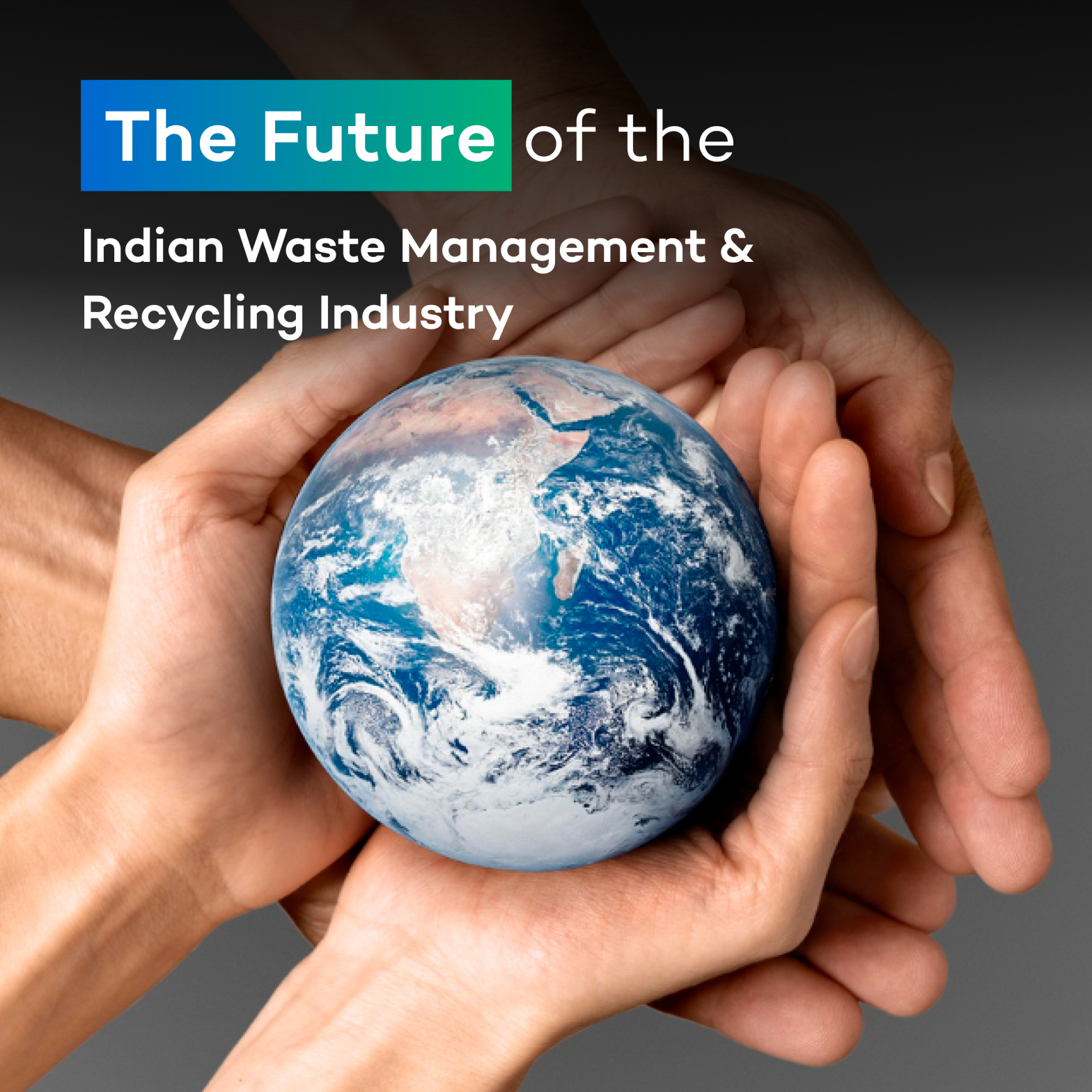The Indian waste management industry has seen promising growth over the past decade, as the demand for waste management services saw an unprecedented rise. The recycling sector has evolved from informal to formal, with many challenges faced by recyclers and refurbishers. Now, the industry has moved way forward with its solutions to tackle challenges like
- Poor Infrastructure for the Recycling of E-waste
- Lack of Awareness and Financial Incentives
- Less Information on E-waste Generation Rates
- Mismanagement in Market for the End-of-life Products
- Environmentally Unsustainable Informal Sector Practices
- Inadequate Regulatory Design and Enforcement
The Indian E-waste management sector has shown remarkable growth since 2010. It may be observed that the recycling industry has started with small and local ventures which are today the mainstream of India’s E-waste management industry. This significant improvement in terms of industrial policy and improving technology have helped in providing fresh opportunities to E-waste processing sector players. E-waste recycling is a multi-layered and diverse industry. The demand for recyclable materials will continue to grow as society’s use of electronics grows.
The Indian government and its policy-makers should work towards strengthening the formal sector and improving governance through better policy instruments while decreasing the magnitude of imports and also increasing public awareness of e-waste management.
One such initiative by the Indian government has shown great hopes for the future of the waste management sector. EPR (Extended Producer’s Responsibility) ensures Producers & OEMs have the extended responsibility to ensure the treatment of end-of-life products and mitigate the environmental impacts of the product post-consumer life-cycle. EPR policy is designed to financially and physically hold producers responsible for treating post-consumer products.
The waste management rules, 2022 for e-waste, batteries, solar panels and plastic products is one of the most important measures the Indian government has taken to tackle the issue of e-waste.
This approach is the only way to ensure that producers are held accountable for their products and waste. It will not only reduce the amount of e-waste being generated but also ensure better management of it. The rules will incentivize manufacturers to design products for recyclability using more recyclable materials.
Exigo is actively working since 2012 towards recycling and recovering secondary raw materials, or low-carbon value chain materials through a vast stream of WEEE (Waste electrical and electronic equipment). We also have stringent measures in place at our multiple fully-integrated plant facilities to ensure end-to-end recycling and resource recovery. We promote that manufacturers use secondary raw materials to enable sustainable manufacturing for a better future.
Exigo offers transparent and reliable EPR implementation services for government-registered product categories of Batteries, Plastics, E-waste and Solar Panels.
Get in touch with us info@exigorecycling.com to further discuss your EPR requirements.
